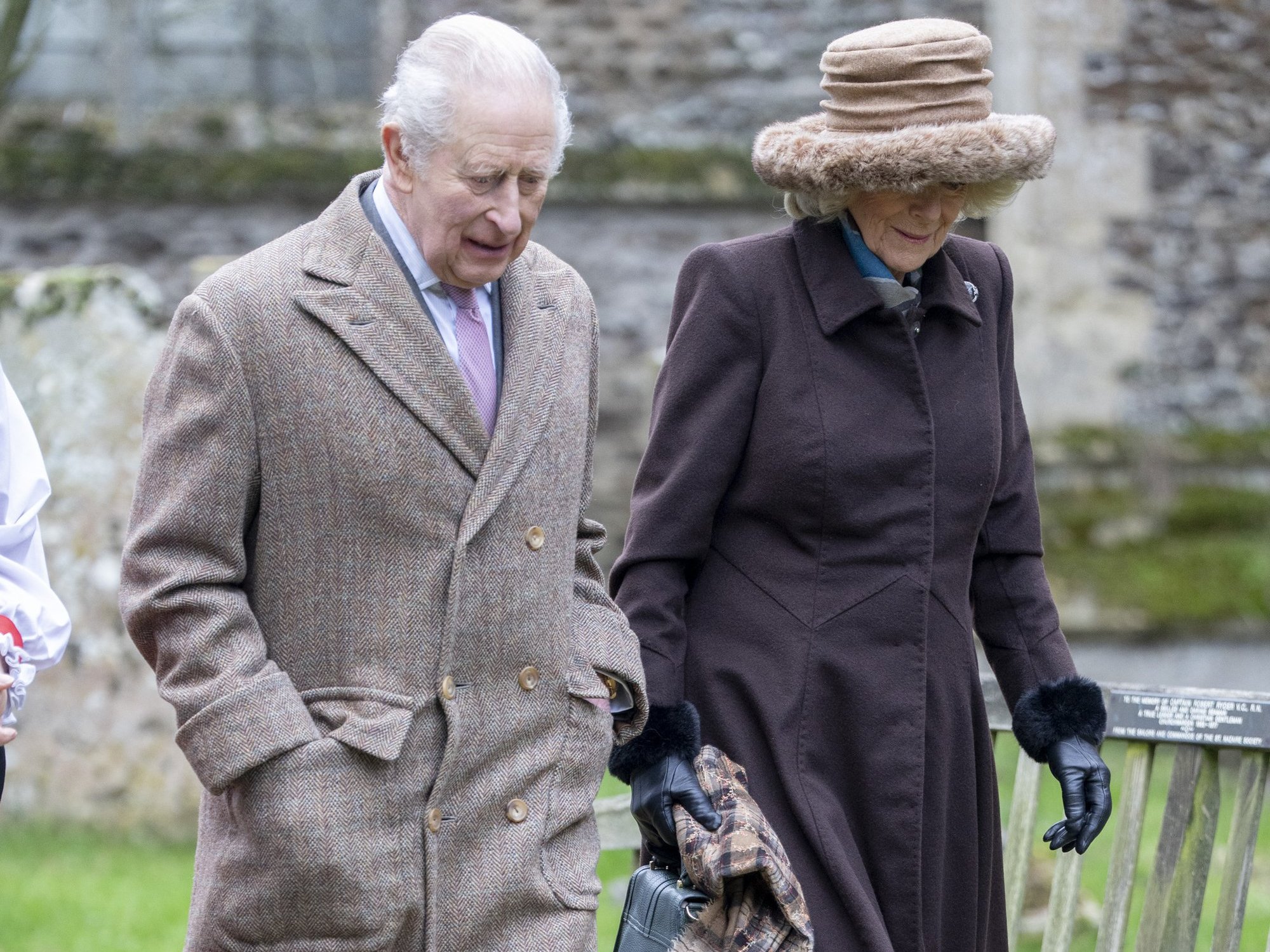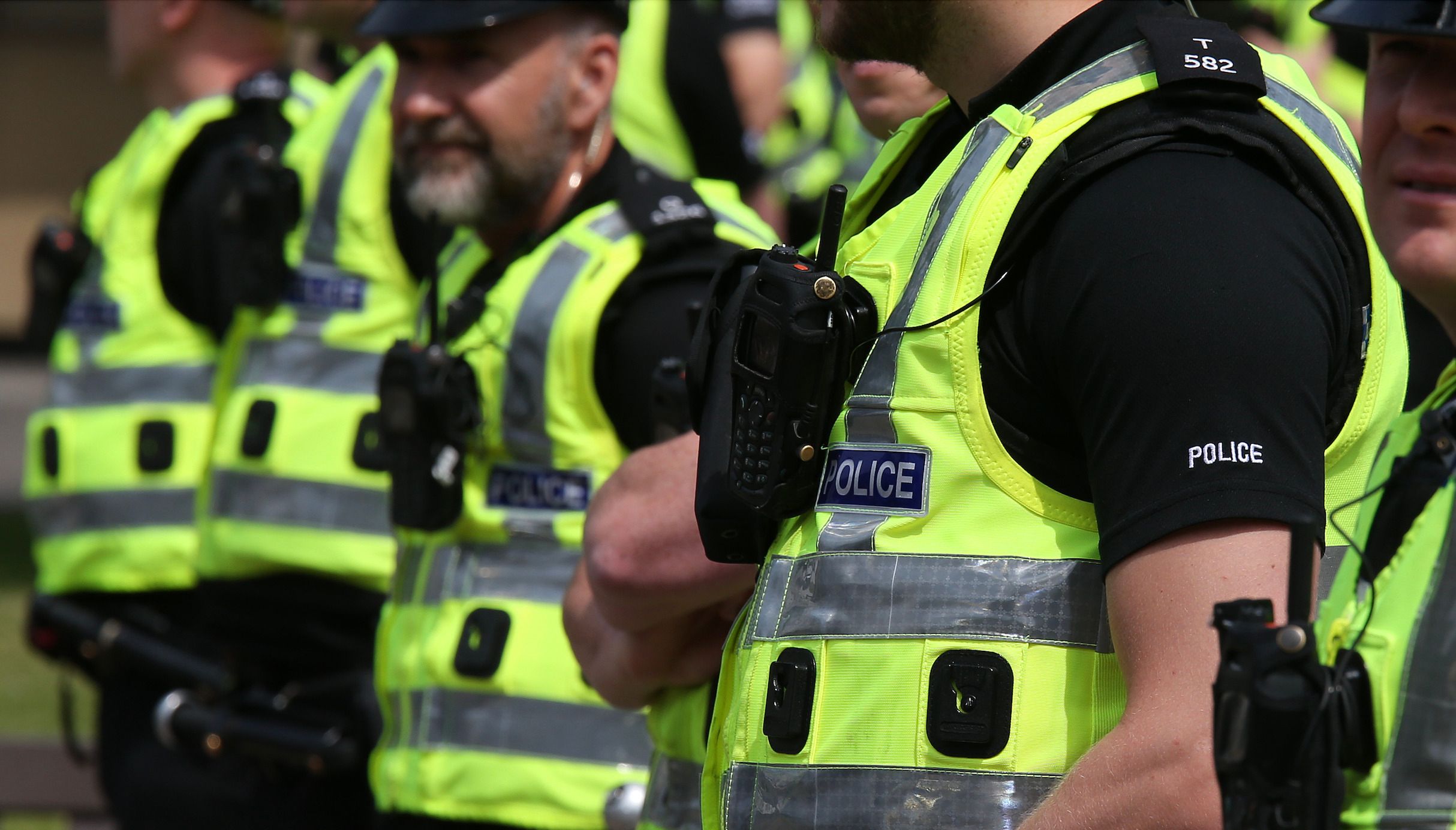Police vetting processes are failing to weed out bad cops, inspectorate finds

The policing inspectorate has found a culture of 'misogyny, sexism and predatory behaviour still exists in many police forces'
Don't Miss
Most Read
A culture of “misogyny, sexism and predatory behaviour still exists in many police forces” and vetting processes are failing to weed out bad cops, the policing inspectorate has found.
His Majesty’s Inspectorate of Constabulary (HMICFRS) was commissioned to examine vetting and ant-corruption procedures in the wake of the murder of Sarah Everard by off duty police officer Wayne Couzens.
Inspectors, who reviewed hundreds of force vetting files, said they “found too many cases where people should not have been allowed to join the police”, including officers with criminal records or links to organised crime.
They also found cases where evidence that a prospective officer may present a risk to the public was ignored.
HMICFRS’s official report said inspectors also uncovered examples of police officers transferring between forces despite a history of concerning intelligence, complaints or misconduct allegations.
Some incidents, which should have been assessed as gross misconduct, were instead assessed as misconduct only, or not treated as misconduct at all.
In its report, HMICFRS makes 43 recommendations, including updating minimum standards for pre-employment checks.
PA
The inspectorate concluded: “A culture of misogyny, sexism and predatory behaviour towards female police officers and staff and members of the public still exists and is even prevalent in many forces.”
In its report, HMICFRS makes 43 recommendations, including updating minimum standards for pre-employment checks.
Strengthening guidance for forces on vetting processes, relationships and behaviours in the workplace;
And understanding and defining what constitutes misogynistic and predatory behaviour;
A culture of “misogyny, sexism and predatory behaviour still exists in many police forces” and vetting processes are failing to weed out bad cops, the policing inspectorate has found.
Peter Byrne
His Majesty’s Inspector of Constabulary Matt Parr said: “It is too easy for the wrong people to both join and stay in the police. If the police are to rebuild public trust and protect their own female officers and staff, vetting must be much more rigorous and sexual misconduct taken more seriously.
“We found evidence of poor decision-making in police vetting, inconsistent handling of misconduct cases and a lack of effective monitoring of officers’ IT use, all of which can lead to devastating consequences. Yet despite repeated warnings – including several from us – not enough has been done to improve standards and stamp out misogyny and predatory behaviour in policing.”
College of Policing Chief Constable Andy Marsh said: “Thorough and effective vetting and by police forces is a key part of assessing the integrity of our officers and staff and allows us to be a sure as possible that we have the right people working for the service.
“We will act quickly to translate these recommendations into practical guidance that furthers the high standards we set, while maintaining the ability of officers and staff, the majority of whom serve in policing with dedication and integrity, to do their jobs, protect the public, and fight crime.
In response, Home Secretary Suella Braverman said: “I have been clear that culture and standards in the police need to change and the public’s trust in policing restored.
“This will only happen if communities have confidence that the police will take swift and decisive action against those not fit to hold a warrant card, root out inappropriate behaviour amongst the ranks and get the basics of policing right; driving down crime and delivering high-quality outcomes for victims.
“Chief Constables must learn these lessons and act on the findings of this report as a matter of urgency. At its best, policing in this country is an example to the world and we need to make sure this standard is consistently met across all forces.”













